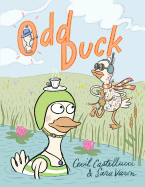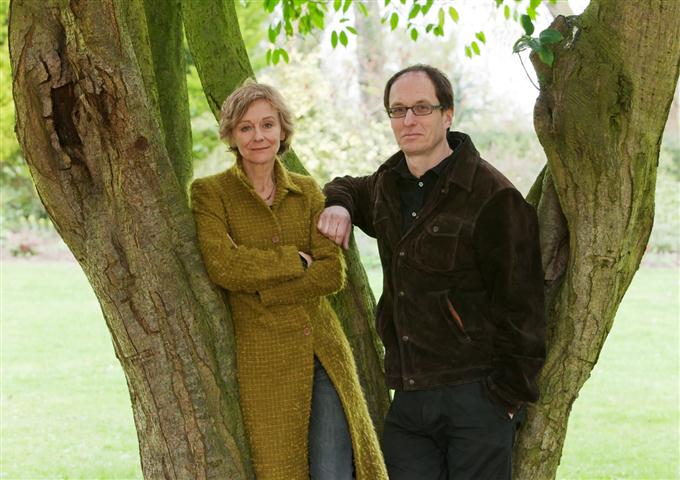 |
| photo: Annemarieke van den Broek |
Nicci French is the pseudonym for the writing partnership of suspense authors Nicci Gerrard and Sean French. They are married and live in Suffolk and London, England. Blue Monday was their first book starring psychotherapist Frieda Klein. The second in the series, Tuesday's Gone, is being published this week by Pamela Dorman Books.
On your nightstand now:
Sean French: Oh my God! A Clash of Kings by George R.R. Martin (only 400 pages to go), All Hell Let Loose by Max Hastings (compelling World War II history), Mozart's Letters, Mozart's Life, edited and newly translated by Robert Spaethling (who knew Mozart was a great writer? Well, I didn't), Don Juan by Lord Byron (amazingly funny and compelling), Grand Pursuit: The Story of Economic Genius by Sylvia Nasar (trying to teach myself some economics), How Music Works by David Byrne, John Updike: The Early Stories and quite a few more.
Nicci Gerrard: Willa Cather's beautiful, lonely The Song of the Lark, Elizabeth Bowen's 1930s novel Death of the Heart, Thomas Hardy's Selected Poems (I used to love his novels, now I read and re-read his poems, especially the haunting ones he wrote after the death of his estranged wife) and The Good Food Guide.
Favorite book when you were a child:
SF: Karlsson on the Roof by Astrid Lindgren (an even funnier antihero from the creator of Pippi Longstocking).
NG: Moominland Midwinter by the great Tove Jansson--though I think I love it even more now than I did when I was little. Then I was captivated by its quaint cast of characters and its slightly mysterious story; now that I've read it out loud to my various children over and over again, I think it's one of the great descriptions of death and strangeness and longing.
Your top five authors:
SF: I don't have top authors, I have top books. I would be really sad if I'd missed reading Pride and Prejudice by Jane Austen, Great Expectations by Charles Dickens, Anna Karenina by Leo Tolstoy, Ulysses by James Joyce and In Search of Lost Time by Marcel Proust.
NG: Oh dear. Charlotte Bronte, Virginia Woolf, Charles Dickens, Tolstoy, James Joyce. But that list seems wrong--too obvious. Can I add Marilynne Robinson (Home is the saddest best book I can remember reading) and Per Petterson too, for Out Stealing Horses).
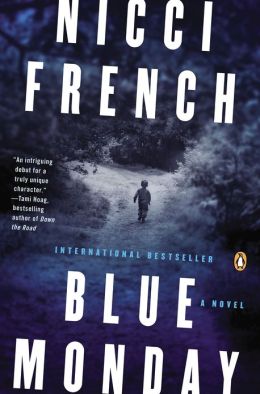 Book you've faked reading:
Book you've faked reading:
SF: I've never exactly faked but when I was at university I may have exaggerated my acquaintance with Philip Sidney's Arcadia. God, it was boring.
NG: Well, I can't think of a book I've faked reading but I can think of one I faked not reading--Valley of the Dolls by Jacqueline Susann, which I read when I was about 11 but swore blind to my parents I'd never opened.
Book you're an evangelist for:
SF: The greatest unread book in English is the 18th-century novel Clarissa Harlowe by Samuel Richardson. It's an incredibly compelling account of a woman fighting for her freedom against her family and against a predatory seducer. It suffers from the problem of being significantly longer than War and Peace.
NG: Penelope Fitzgerald's The Blue Flower. Penelope Fitzgerald is not well enough known. She started writing late, and produced a string of lovely novels. This one is her last and her best, a historical novel and a strange and poignant romance--it's at once light-footed and profound, witty and sad. I think it's a work of genius and I've become a zealot in trying to make everyone I know read it. I buy it by the dozen for presents.
Book you've bought for the cover:
SF: Two books captivated me as soon as I saw their covers: Atonement by Ian McEwan (a little girl sitting on stone steps) and Quarantine by Jim Crace (a glowing image of endless desert). But none of it would have mattered if the books hadn't lived up to the covers.
NG: I've bought lots and lots of cookery books for their covers--most recently Claudia Roden's Spain (yellow lemons on a blue background) and Arabesque (scarlet pomegranate against patterned pale bronze), and Isidora Popovic's Popina Book of Baking (buttery berry pie, spilling crumbs, and a dish of thick cream). Sometimes my actual dishes don't look quite so good.
Book that changed your life:
SF: The London Journal by James Boswell. A young Scotsman arrives in 18th-century London and discovers excitement, sex and Samuel Johnson, and writes about them with a completely beguiling office. I read it when I was 20 and suddenly I knew why I was studying literature and that I wanted to write myself.
NG: Doris Lessing's The Golden Notebook: it gave me different ways of thinking about being a woman.
Favorite line from a book:
SF: The moment when, near the end of Joyce's Ulysses, the book's two heroes step out into Leopold Bloom's garden and look up at the night sky: "The heaventree of stars hung with humid nightblue fruit."
NG: John Keats died when he was just 25, of TB. He wrote great poetry but also very wonderful letters, in which his adorableness shines through every sentence. His last letter--written from Italy to his great friend Charles Brown--ends with these words: "I always made an awkward bow." It must be the most poignant, least awkward, gesture of farewell ever.
Book you most want to read again for the first time:
SF: It would be those thrillers that surprised and stunned me and made me want to try something of the same thing myself: The Murder of Roger Ackroyd and And Then There Were None by Agatha Christie, Presumed Innocent by Scott Turow and The Friends of Eddie Coyle by George V. Higgins. I've reread all of them, but you can never quite recapture that initial shock.
NG: The Woman in White by Wilkie Collins: that shivery delight....
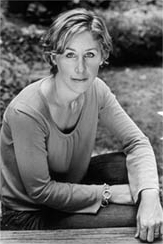 Features editor Pamela Paul has been named New York Times Book Review editor, replacing Sam Tanenhaus, who will become a writer at large for the publication beginning in May. JimRomenesko.com posted a memo from Times executive editor Jill Abramson and managing editor Dean Baquet announcing the change and noting that Paul was hired as children's book editor by Tanenhaus in 2011.
Features editor Pamela Paul has been named New York Times Book Review editor, replacing Sam Tanenhaus, who will become a writer at large for the publication beginning in May. JimRomenesko.com posted a memo from Times executive editor Jill Abramson and managing editor Dean Baquet announcing the change and noting that Paul was hired as children's book editor by Tanenhaus in 2011.





IPC.0218.S4.INDIEPRESSMONTHTITLES.gif)



IPC.0211.T4.INDIEPRESSMONTH.gif)
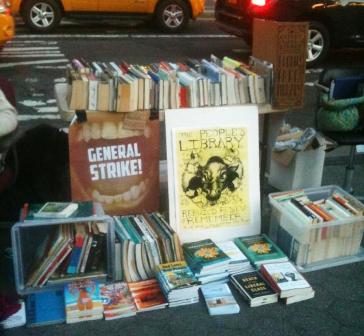 In a
In a 
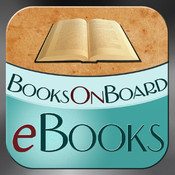 BooksOnBoard
BooksOnBoard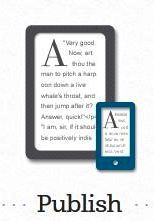 Nook Media, a subsidiary of Barnes & Noble, has launched
Nook Media, a subsidiary of Barnes & Noble, has launched 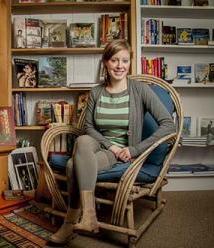 Since
Since 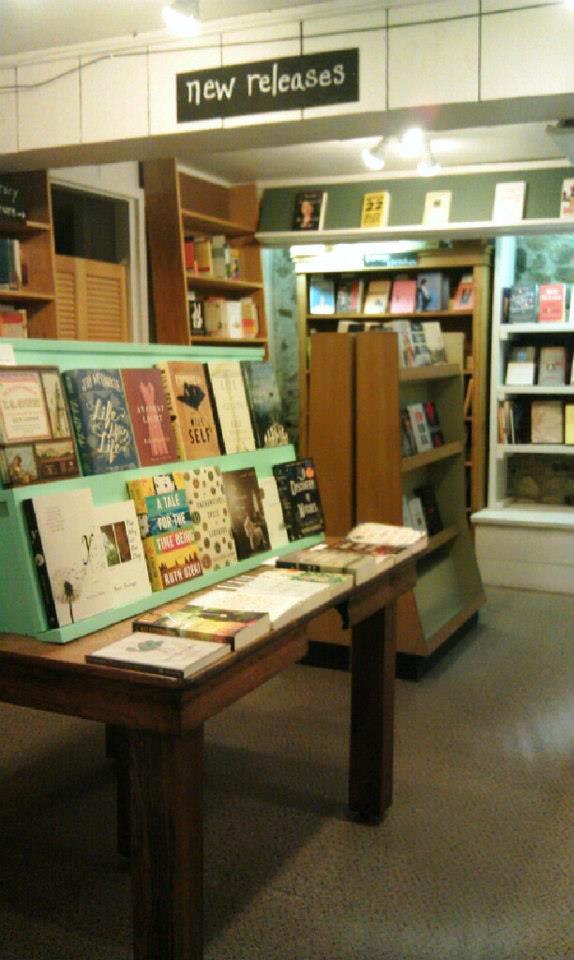 The store's previous owners also shied away from larger, more expensive coffee-table books and cookbooks. The population of Harbor Springs increases six-fold during the summer and, according to Capaldi, many of these part-time residents are eager for extravagant titles. "They can afford to have second or third homes here--they're looking for books to decorate and show off."
The store's previous owners also shied away from larger, more expensive coffee-table books and cookbooks. The population of Harbor Springs increases six-fold during the summer and, according to Capaldi, many of these part-time residents are eager for extravagant titles. "They can afford to have second or third homes here--they're looking for books to decorate and show off."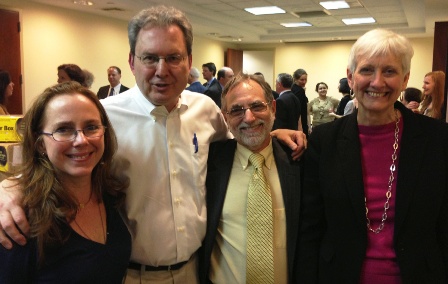
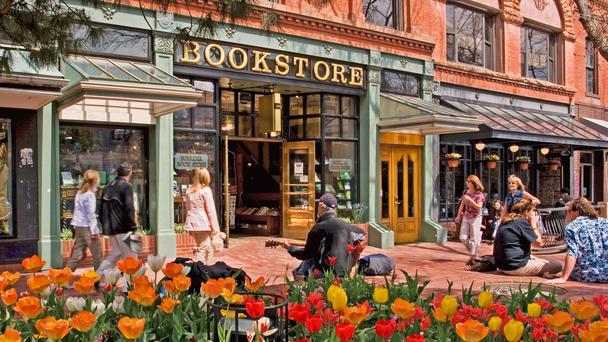 "From a beatnik icon in San Francisco to a Mediterranean-style mainstay in Florida," the BBC showcased "
"From a beatnik icon in San Francisco to a Mediterranean-style mainstay in Florida," the BBC showcased "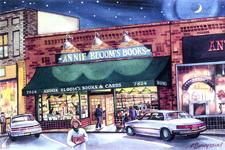 "The real appeal of a small bookstore lies in the personal attention one can expect from its bibliophilic staff," wrote Naomi Sweo, an intern at
"The real appeal of a small bookstore lies in the personal attention one can expect from its bibliophilic staff," wrote Naomi Sweo, an intern at 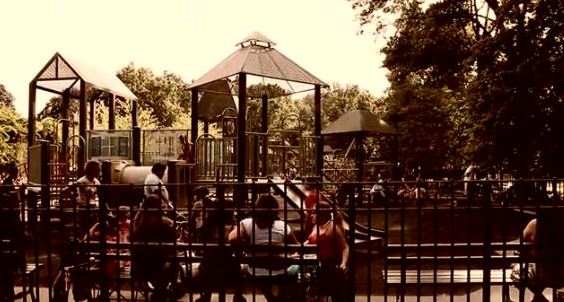 The Mermaid of Brooklyn
The Mermaid of Brooklyn
 Book you've faked reading:
Book you've faked reading: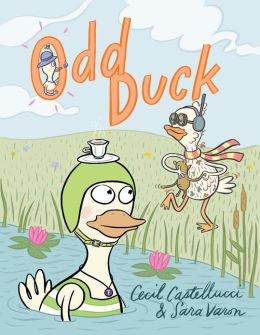 Theodora, the heroine of Odd Duck, is irresistibly quirky.
Theodora, the heroine of Odd Duck, is irresistibly quirky.